Physical Address
304 North Cardinal St.
Dorchester Center, MA 02124
Physical Address
304 North Cardinal St.
Dorchester Center, MA 02124
Market Urbanism at FEEcon 2018 Hyatt Regency Atlanta June 7-9 SPEAKERS AGENDA PRICING TRAVEL REGISTER Market Urbanism is returning to partner with the Foundation for Economic Education to present an entire track of six sessions focused on Market Urbanism at the second annual FEEcon Conference. June 7-9 2018 Wherever you live, your city uses regulations to restrict what can be built and for what purposes buildings can be used. FEEcon’s Urbanism, Development, & Your Neighborhood track is a joint effort by Market Urbanism and FEE to shed light on the vast spectrum of land use and transportation regulations that often diminish neighborhood communities, cause traffic congestion, and constrain housing supply to create affordable housing crises across the world. This track provides you with the intellectual tools you’ll need to make a case for liberty in your own backyard. https://youtu.be/RoIOi66S3PQ FEEcon is the premier gathering of freedom lovers from all walks of life, with professional networking opportunities, inspiring panel discussions, and fun for everyone – all sponsored by FEE and held at the landmark Hyatt Regency Atlanta. Choose from 50+ sessions and 8 distinct learning tracks all designed to provide real skills for professional success, combined with a solid grounding in economic, ethical and legal principles that you won’t get anywhere else. FEEcon will inspire and empower you to set your path and change the world! FEEcon will run from Thursday evening, June 7th, through Saturday evening, June 9th, 2018. All events are at the gorgeous Hyatt Regency in downtown Atlanta. Register at FEEcon.org Market Urbanism Speakers Patrik Schumacher Patrik Schumacher is partner at Zaha Hadid Architects and founding director at the AA Design Research Lab. Alain Bertaud Alain Bertaud is an urbanist and a senior research scholar at the NYU Stern Urbanization Project. Bertaud previously held the position of principal […]
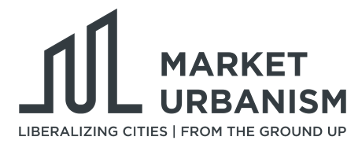

SPEAKERS
AGENDA
PRICING
TRAVEL
REGISTER
Wherever you live, your city uses regulations to restrict what can be built and for what purposes buildings can be used. FEEcon’s Urbanism, Development, & Your Neighborhood track is a joint effort by Market Urbanism and FEE to shed light on the vast spectrum of land use and transportation regulations that often diminish neighborhood communities, cause traffic congestion, and constrain housing supply to create affordable housing crises across the world. This track provides you with the intellectual tools you’ll need to make a case for liberty in your own backyard.
https://youtu.be/RoIOi66S3PQ
FEEcon is the premier gathering of freedom lovers from all walks of life, with professional networking opportunities, inspiring panel discussions, and fun for everyone – all sponsored by FEE and held at the landmark Hyatt Regency Atlanta.
Choose from 50+ sessions and 8 distinct learning tracks all designed to provide real skills for professional success, combined with a solid grounding in economic, ethical and legal principles that you won’t get anywhere else.
FEEcon will inspire and empower you to set your path and change the world!
FEEcon will run from Thursday evening, June 7th, through Saturday evening, June 9th, 2018. All events are at the gorgeous Hyatt Regency in downtown Atlanta.
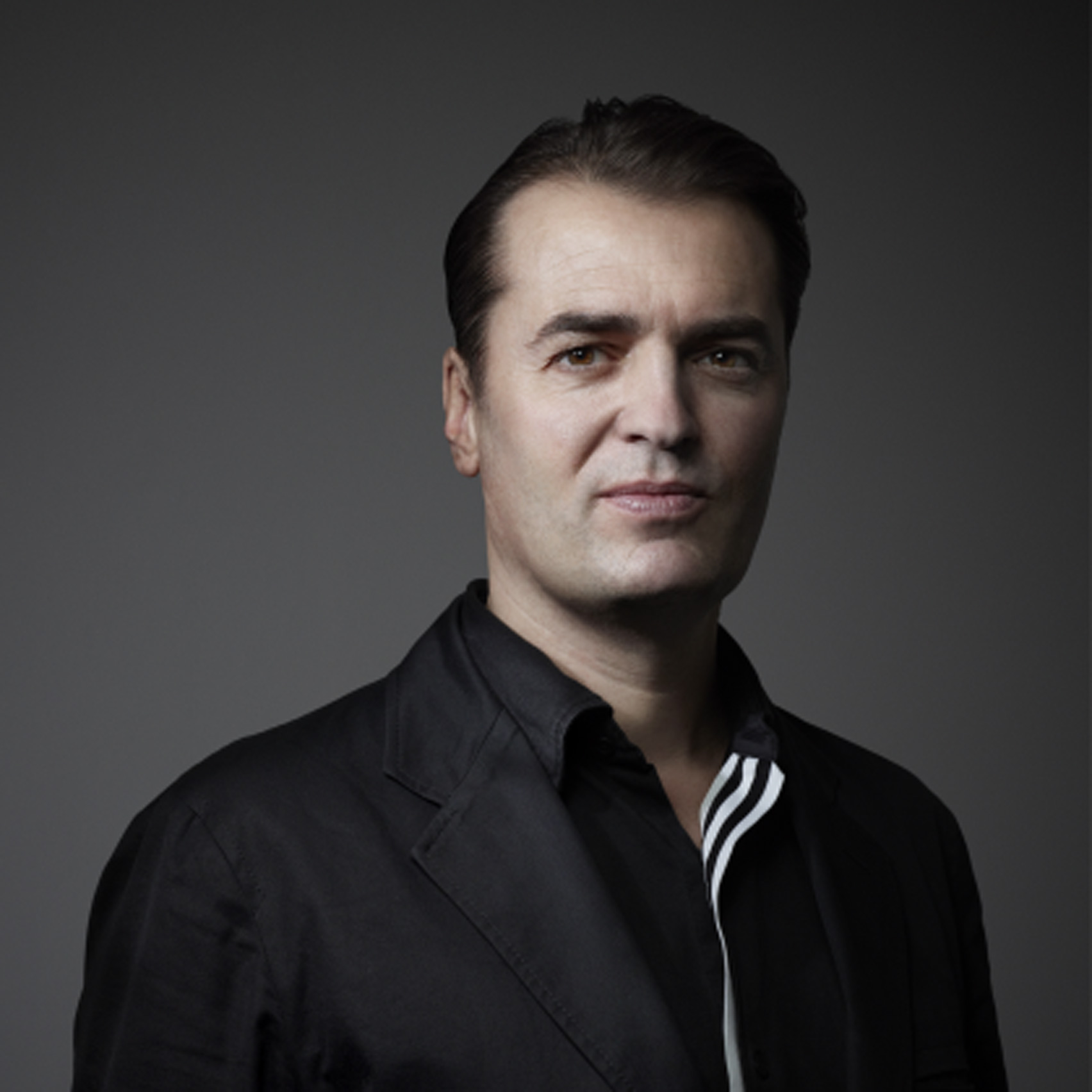
Patrik Schumacher is partner at Zaha Hadid Architects and founding director at the AA Design Research Lab.
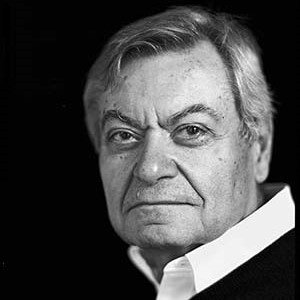
Alain Bertaud is an urbanist and a senior research scholar at the NYU Stern Urbanization Project. Bertaud previously held the position of principal urban planner at the World Bank. Alain is author of an upcoming book, Order without Design: How Markets Shape Cities
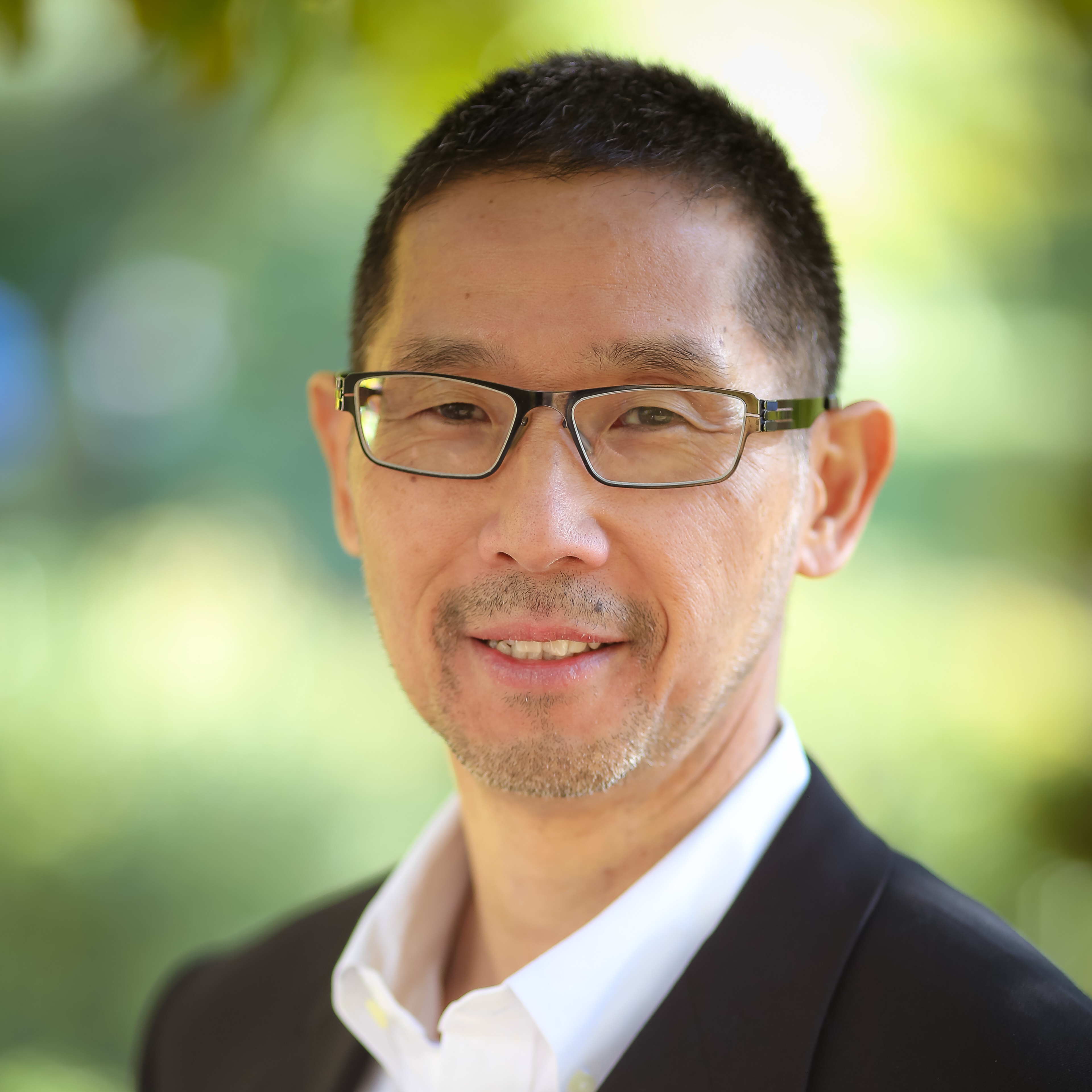
Sandy Ikeda is a professor of economics at Purchase College, SUNY, and the author of The Dynamics of the Mixed Economy: Toward a Theory of Interventionism.
Sandy publishes his blog, Culture of Congestion at Market Urbanism.
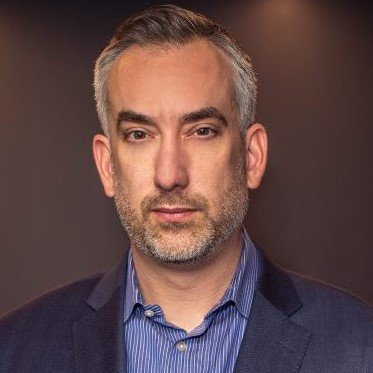
Adam Hengels is founder of Market Urbanism, which advocates for liberalization of land-use regulation and market-based transportation systems. He is also co-founder of Parafin, an artificial intelligence platform for real estate development.
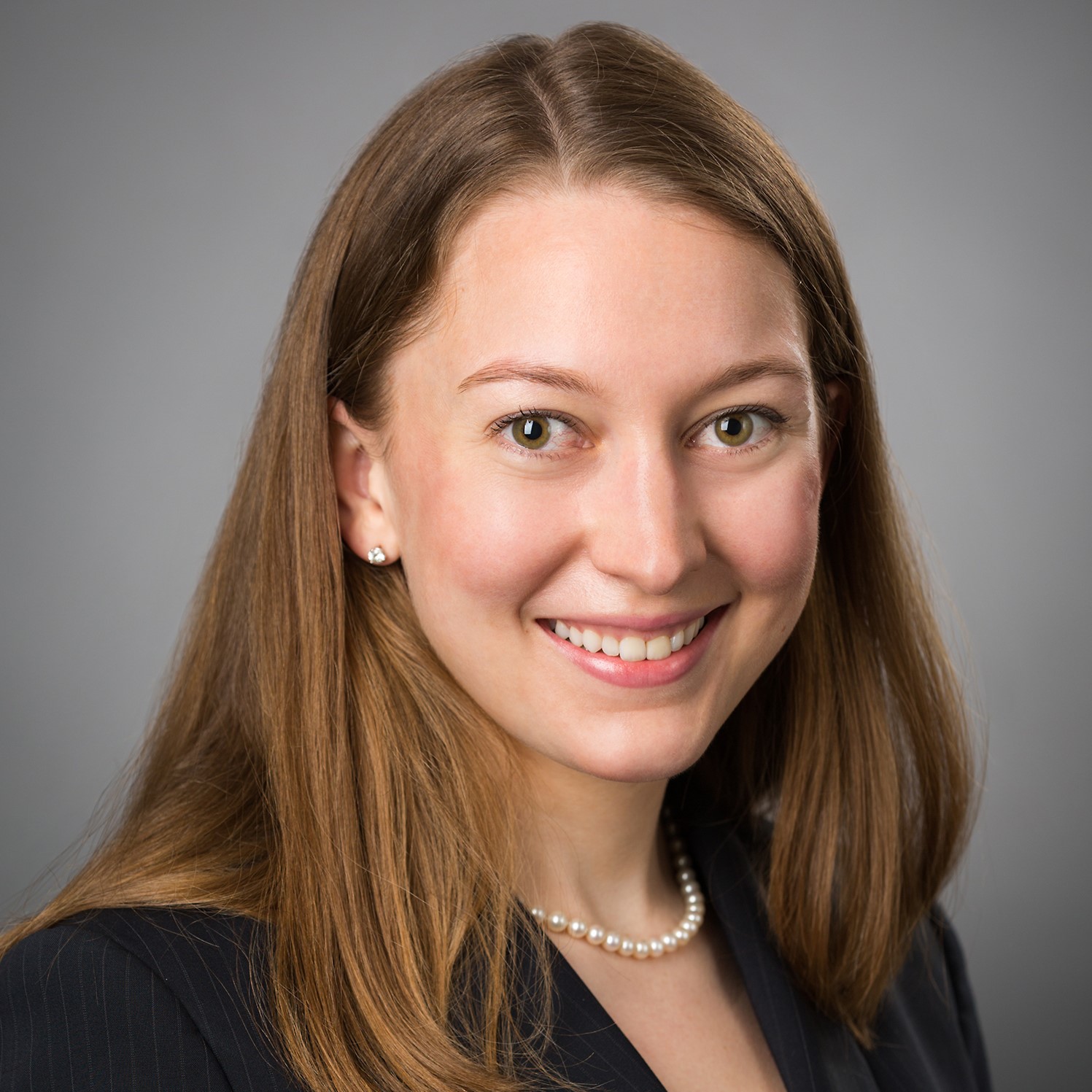
Emily Hamilton is a Research Fellow for the State and Local Policy Project at the Mercatus Center at George Mason University. Her research focuses on urban economics and land-use policy.
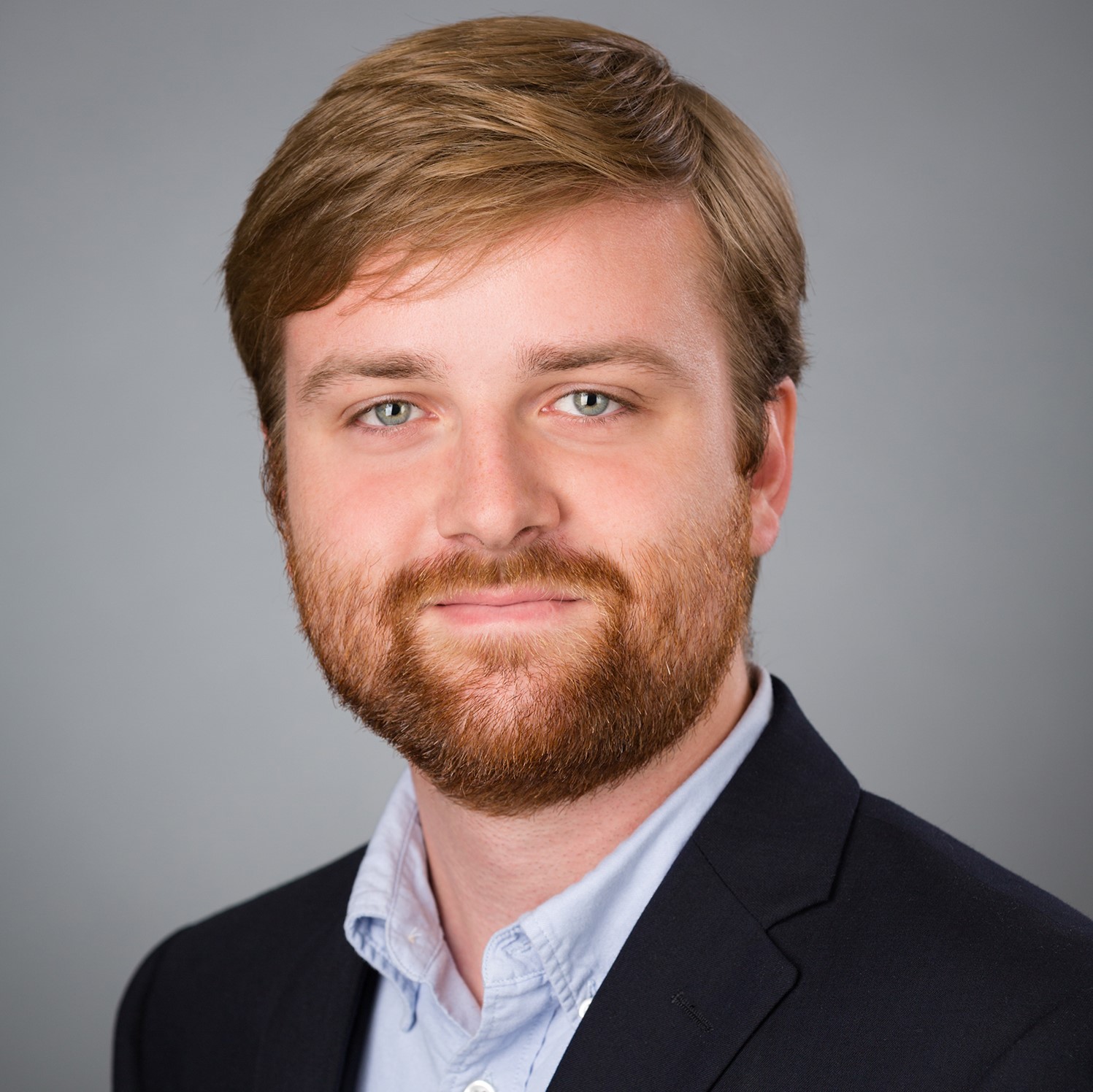
Nolan Gray is the policy director for the Center for Market Urbanism and is a grad student in city & regional planning at Rutgers University. His areas of expertise include land-use regulation, development, and urban planning theory.
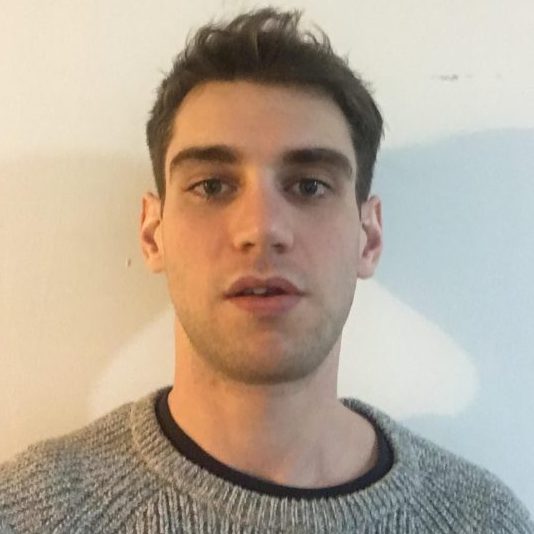
Stephen Smith was an early Market Urbanism writer best known for his @marketurbanism twitter presence. Stephen currently works at a New York real estate tech start-up and has written for the New York Observer, Reason Magazine, Forbes, Next City, and was editor of New York YIMBY
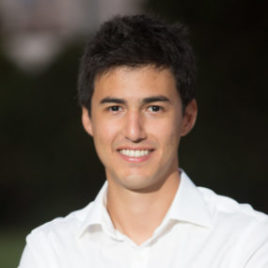
Anthony is currently an MBA Candidate at Stanford GSB, and editor of Caos Planejado, a Brazilian website covering issues on cities and urbanism.

Jeff is a technologist who co-founded Tech for Housing, a policy advocacy organization dedicated to rallying Bay Area tech workers around urban reform.

Michael Lewyn is a Professor of Law at Tuoro College. His scholarship focuses on urban and suburban development, and in particular the question of “sprawl”.
The full lineup of FEEcon speakers can be found here.
Zoning is justified in all sorts of ways today, but at its birth—arguably in New York City, in 1916—it was aimed squarely at halting what upper-class New Yorkers saw as the decay of the city as neighborhoods built for the rich filtered down to the city’s growing immigrant masses. A century later, the movement is in the other direction—the rich are outbidding middle-class and poor New Yorkers for space in a phenomenon known as gentrification. New Yorkers tend to view development as the cause, but a more careful reading of history shows that it’s zoning, and the housing shortage that it’s created, that are responsible for the reversal and for the growing waves of displacement washing over cities from New York to San Francisco.

Jane Jacobs famously argued that “a city cannot be a work of art.” Rather, a city is a place where people with diverse knowledge, skills, and tastes change space, make and break ties, and transform resources and ideas in innovative and controversial ways. It’s an unpredictable, messy—even dangerous—but deeply creative process.

Why are young people and immigrants struggling to afford to live in your city? It’s simple supply and demand, and decades of government policy at multiple levels is making matters worse.




To be announced.
Details to come.
Capitalism was and is the great prosperity engine behind all the material freedoms of modern life. Tragically capitalism is not allowed to work its magic with what matters most to us, namely our dwellings and cities. Urban development and housing provision have been unduly politicised and thereby paralyzed. We should be experiencing an urban Renaissance as crucial productivity boosting component of our knowledge-and network society. Instead planning restrictions and imposed standards block the adequate supply of urban residences leading to prohibitive prices. Paradoxically, the affordability system contributes to rather than alleviates the affordability crisis.

Mobility is one of the main factors that explains the productivity of large cities. Urban transport policy’s main objective should be to increase mobility, i.e. to decrease commuting time by increasing travel speed. Too often transport policies rely on anticipated utopian land use changes to justify the design of a preferred transport mode. Increasing mobility becomes then only a secondary objective.

Public and Private transportation in the past, present and future. How economics and transportation shapes the places we live.




To be announced.
*Limited travel, hotel and tuition reimbursement scholarships are available to students during registration
If you’re flying, plan to arrive at Hartsfield-Jackson Atlanta International Airport (ATL). FEEcon will be held at the Hyatt Regency Atlanta located on 265 Peachtree St NE, Atlanta, GA 30303. There will be a room block available at the Hyatt, and there are numerous other lodging options nearby. The Hyatt has valet parking accessible from Peachtree Road and is conveniently located directly next to the Peachtree Center MARTA Station.
Additional details available here.
More information, including FAQ can be found at the FEECon website.